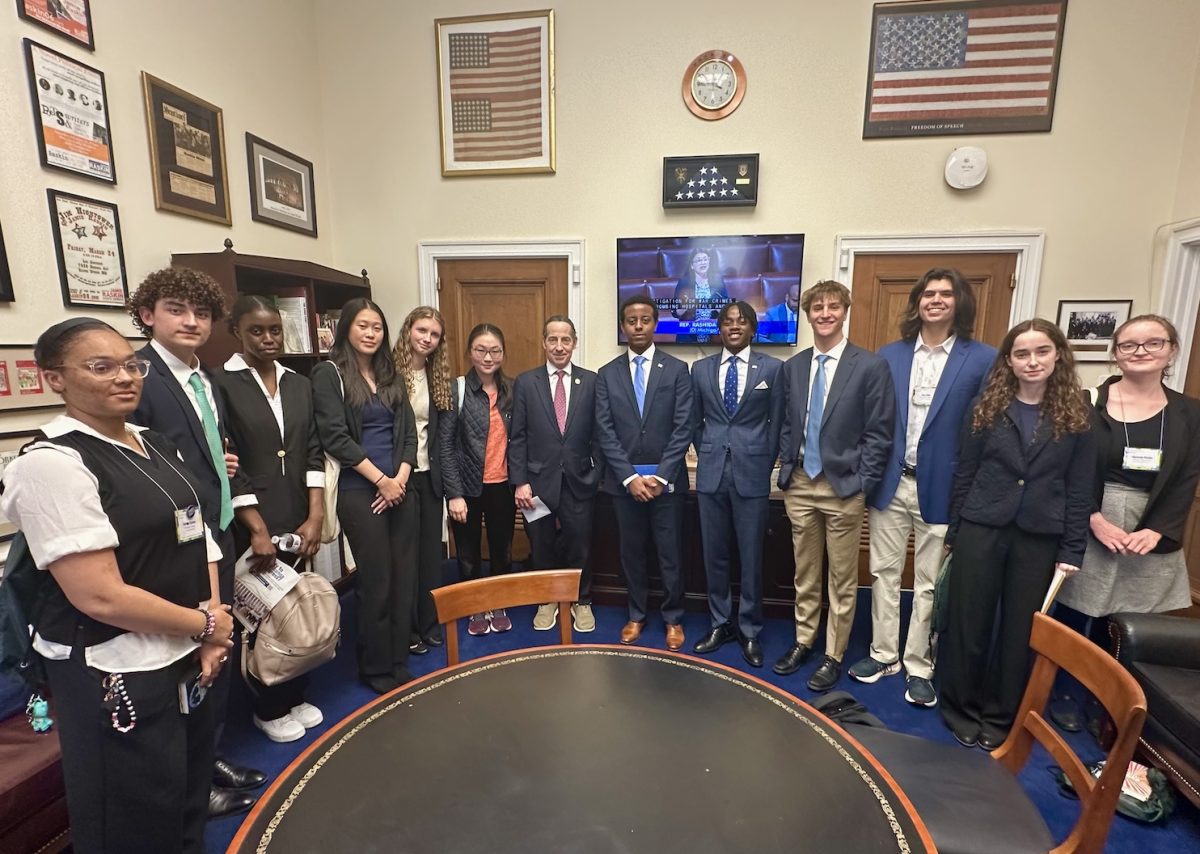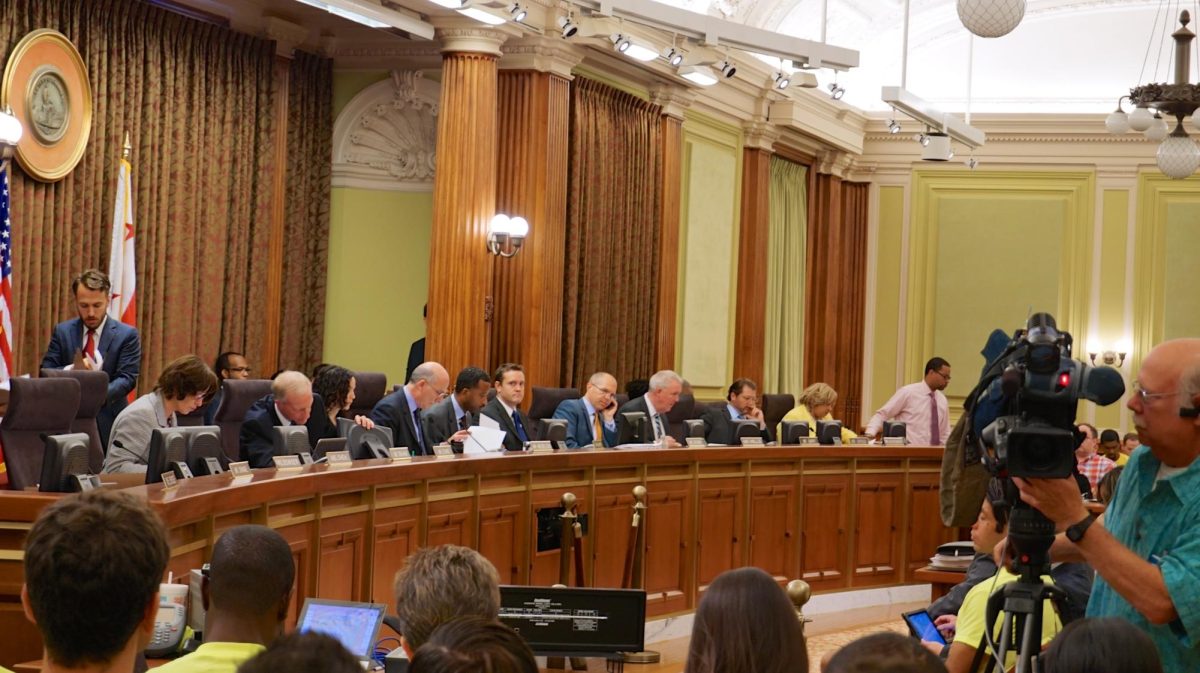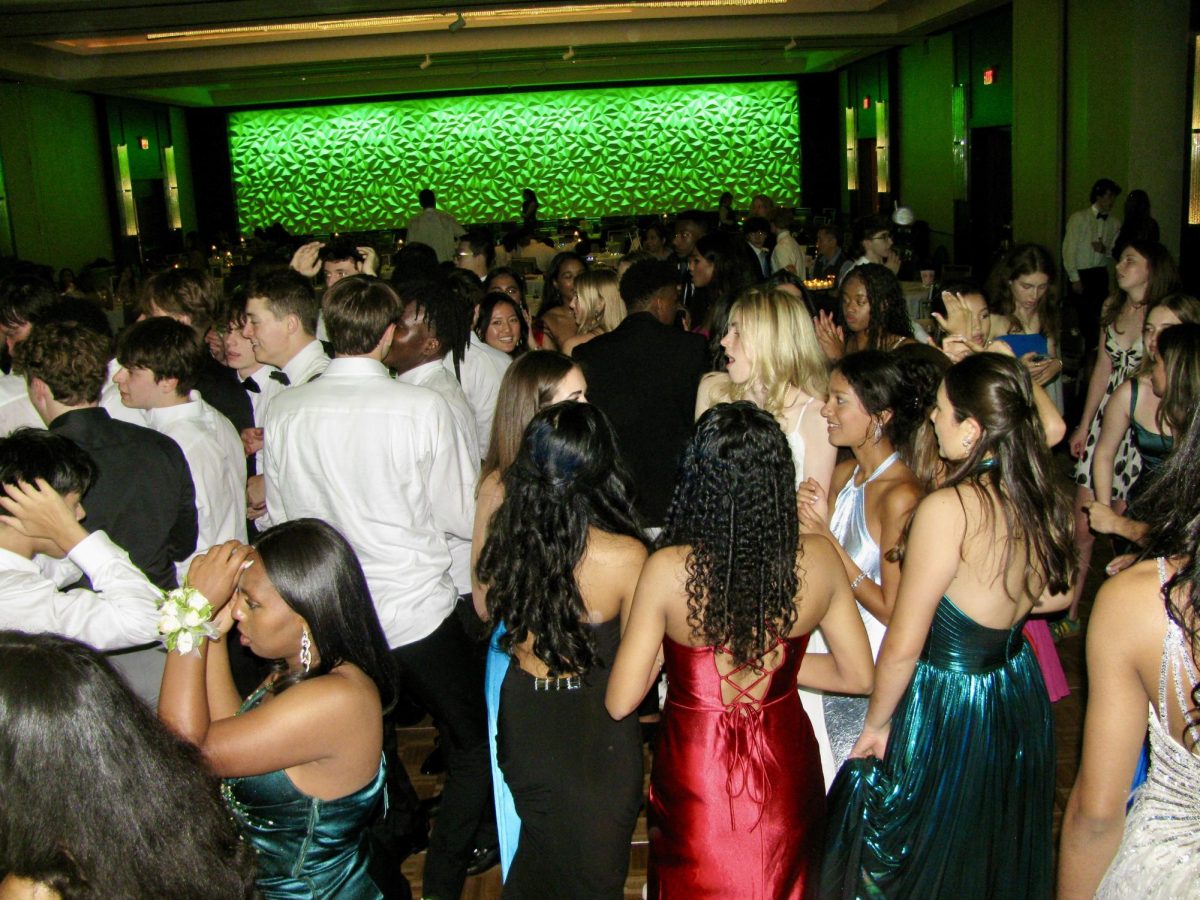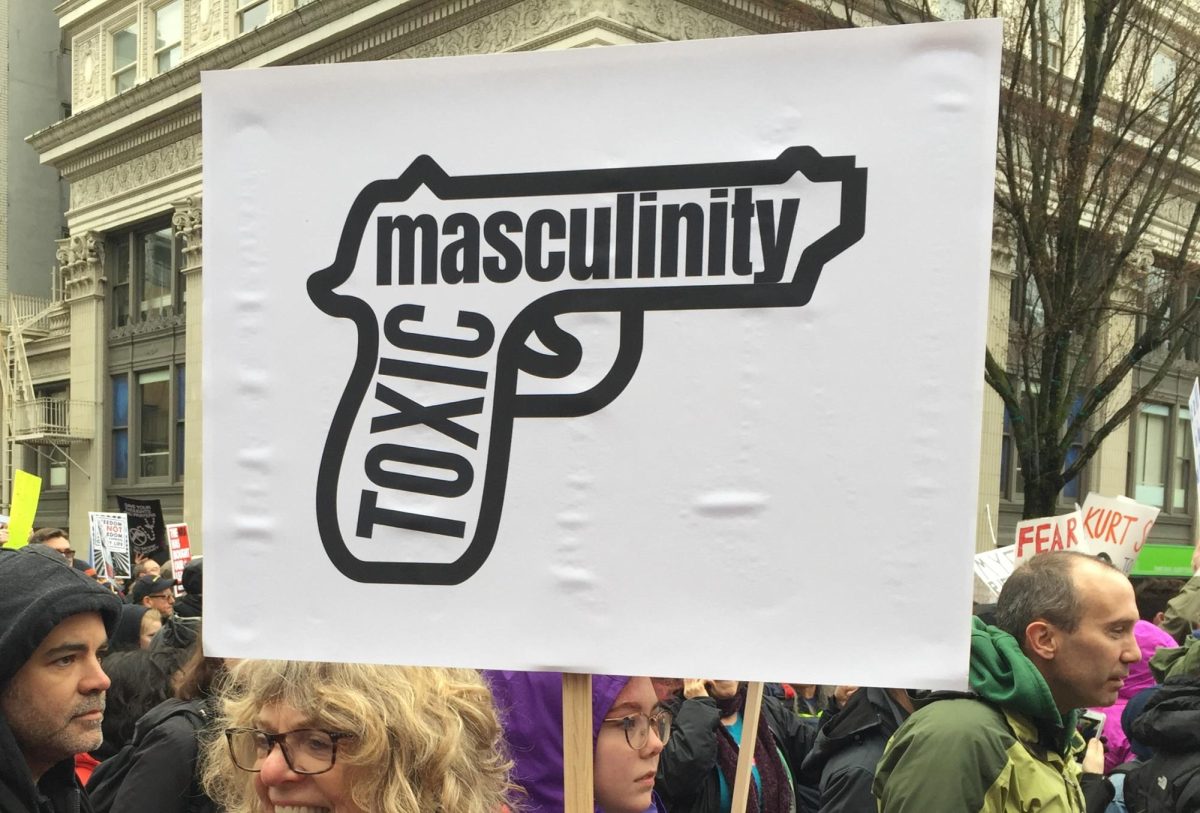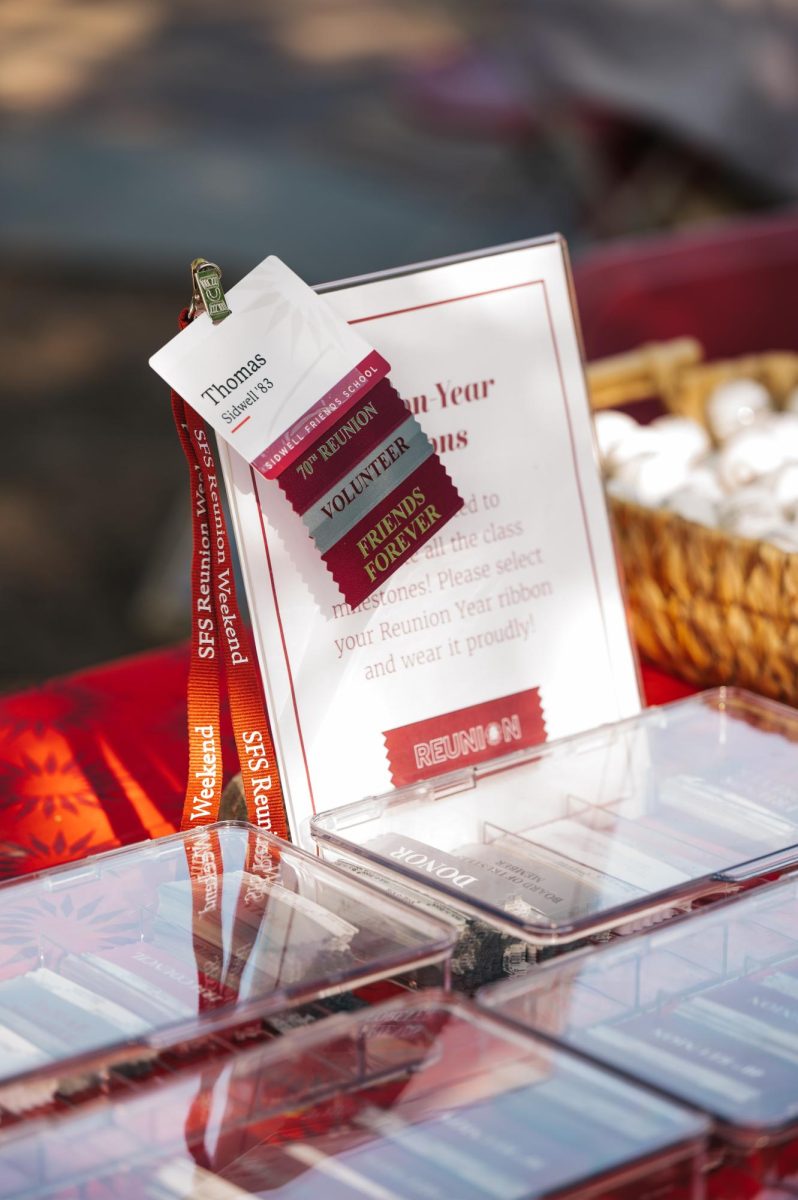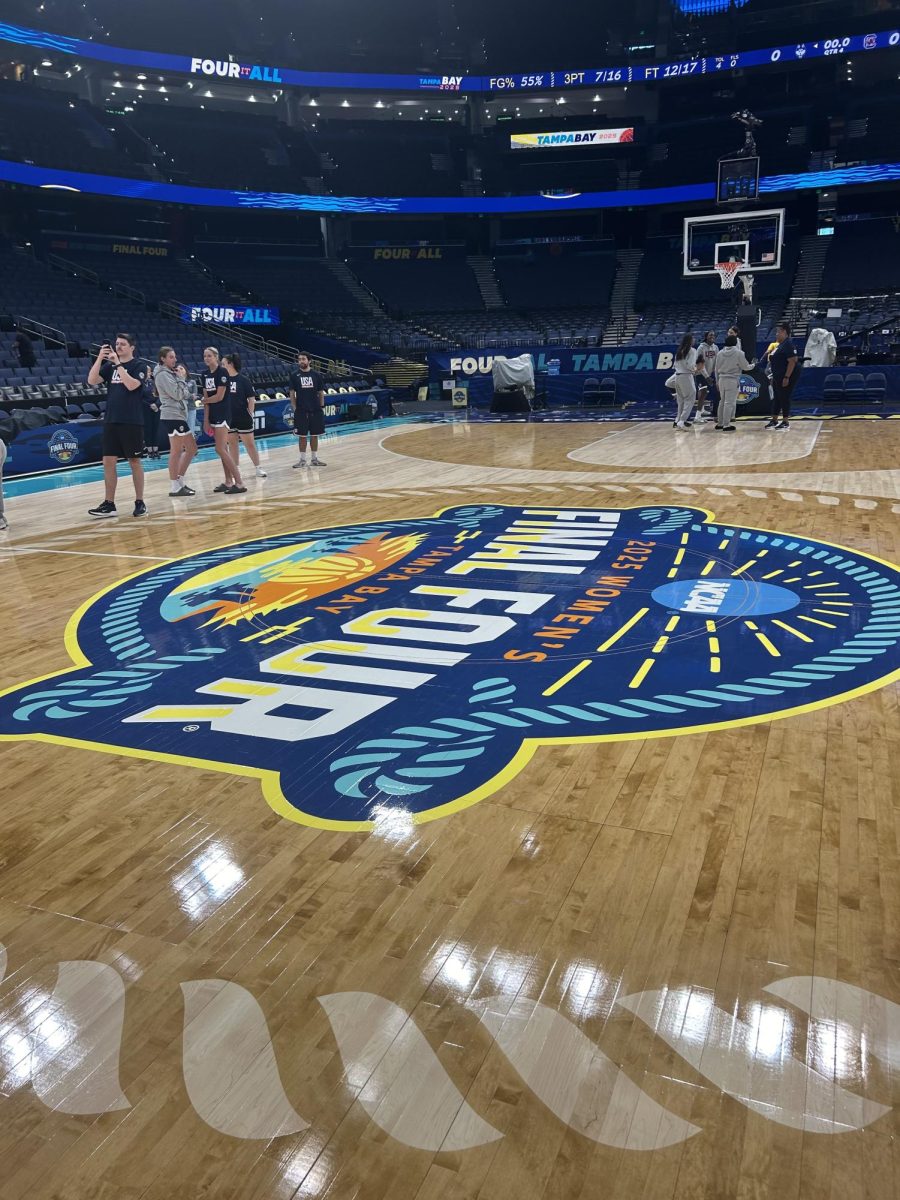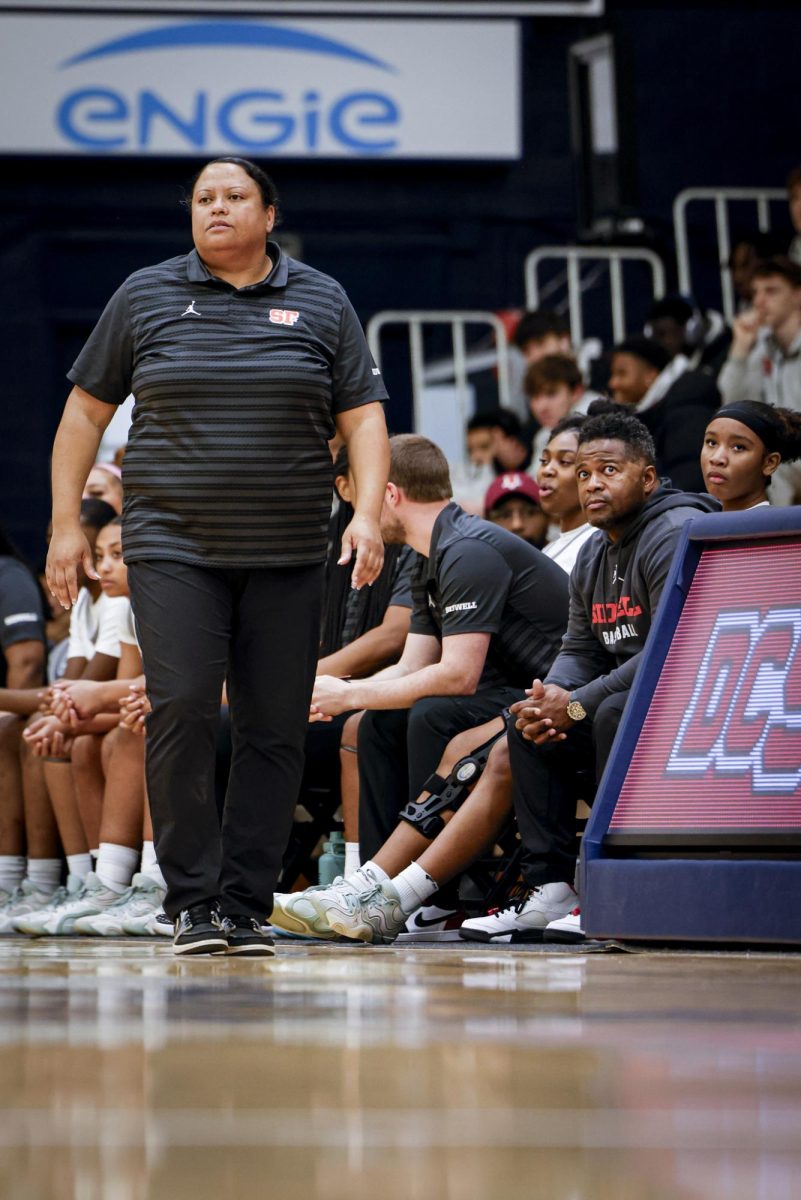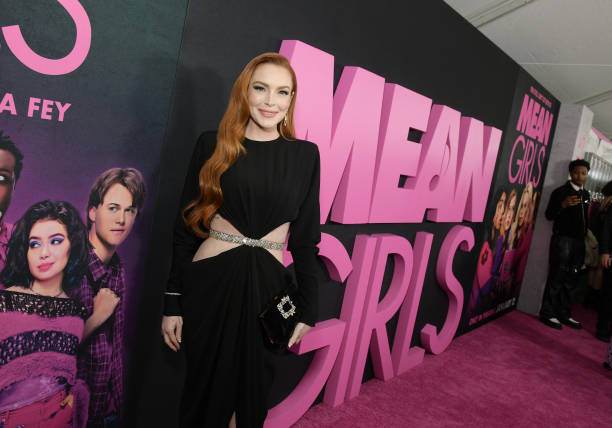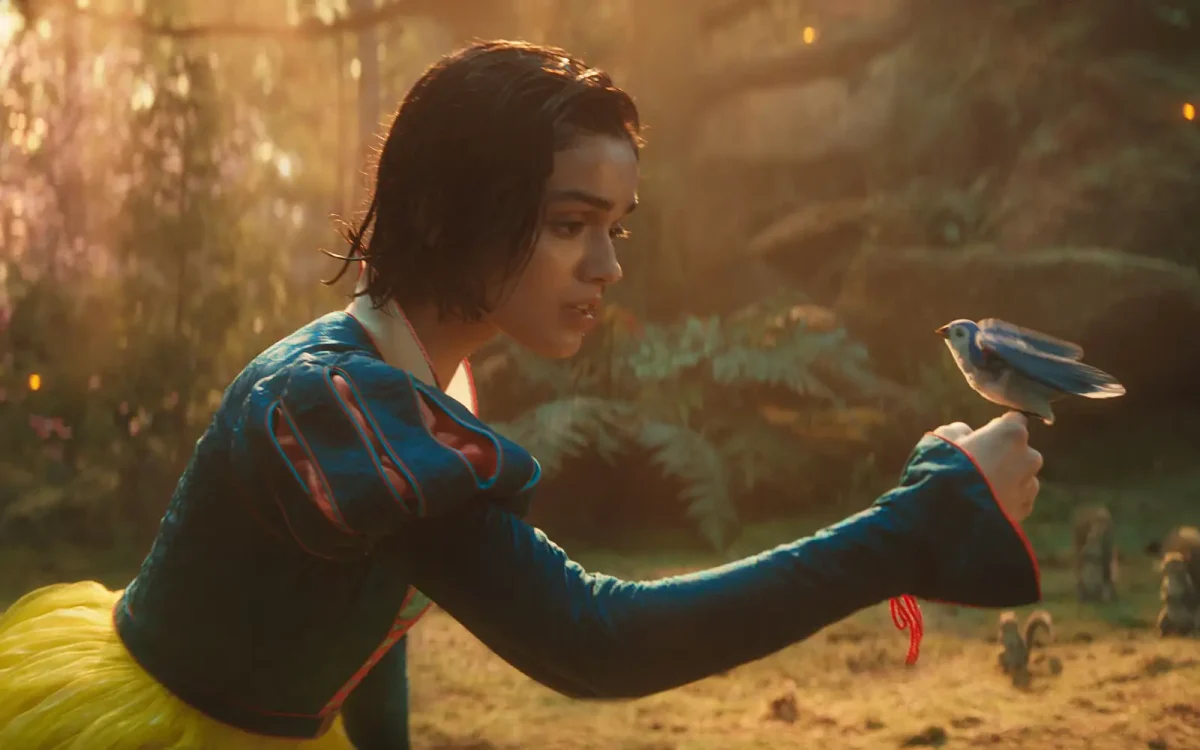On Jan. 12, 2024, the film adaptation of the Mean Girls musical was released in cinemas nationwide. That is all.
Really, there is not much to say about Tina Fey’s newest spin on the original film. Critic reviews are as average as one would expect; the film maintains a flat 70% on Rotten Tomatoes, with exactly 60% of Google users vouching their appreciation. If those numbers do not sound extraordinarily unremarkable—really, what other movies have such perfectly lukewarm ratings?—then wait until you see it yourself. Aside from a few stellar performances and occasional laughs, audiences are left wondering why the world needed another “Mean Girls” remake. It’s not terrible, it’s just not better or worse than the first two installments in the franchise.
Although billed as a new interpretation of the film by Fey, you have seen this exact story before. As The Wrap puts it, “[t]he game has changed though the players are the same.” For the third time, teenager Cady Heron is plucked from the plains of Africa and dropped into a buzzy American high school, territory of the Plastics—our “Mean Girls”—and their queen bee Regina George. Again, she falls for the cute guy in her math class, befriends the “weird kids,” and wages war against Regina’s kingdom, learning the true meaning of friendship along the way. The only difference is that Fey combines the original film and stage musical into one, which would be interesting if it was not just a stale, cut-and-dry mashup of the two.
Few, if any, plot points are original; Harper’s Bazaar notes that the film “feels simply … stuck,” with “far fewer new observations about what 2024’s crop of teenagers are like.” Indeed, no new messages are proffered by “Mean Girls,” which, originally written as a commentary on the damaging effects of teenage bullying, makes one question the point of remaking it verbatim. Why preach the same exact point to a modern audience that does not need it?
Now, that’s not to say that the original “Mean Girls” does not maintain some cultural relevance, but simply that its reputation as a classic has undeniably outgrown its original anti-bullying messaging. You do not remember Ms. Norbury’s enlightening speech in the gym, but you remember Karen saying, “On Wednesdays, we wear pink.” Instead of offering a fresh spin on the source material, 2024’s “Mean Girls” regurgitates all its old points; it fights with a dulled sword. It’s just “the same movie as the 2004 film” according to Collider, and in a new era of primarily cyber-based harassment, it’s outdated.
So, what does “Mean Girls” have to offer? If your answer is “a fun little time,” you are not too far off. The stage production, though not particularly lauded for its acuity, is bubbly and upbeat, and some numbers, like Reneé Rapp’s explosive “World Burn,” are exciting. Critics argue that Rapp’s performance has transcended the film’s mediocrity, with The Wrap noting that she awards the adaptation with “the Regina George it deserves.”
Stars Avantika and Auli’i Cravalho similarly blast through their respective numbers with seismic energy, although, as you’d expect, the good is outmatched by the subpar. It’s now an internet joke that Angourie Rice, as protagonist Cady, performs her solos with all the enthusiasm of a potato chip. Of course, that is not her fault; the producers told her to sing the originally-cataclysmic “Stupid With Love” with a slow, dreamlike cadence instead of the frenetic energy it calls for.
The point here is that what has actually changed in “Mean Girls” ranges from pointless to unloved. In one number, TikTok videos fill the screen as a storytelling device, which will undoubtedly age poorly. In the scene where Regina insults herself in her burn book, she calls herself a “fugly cow” instead of a “fugly slut”—a needless sterilization, as though they were anticipating the audience to wince at it despite the line’s icon status. There are bizarre choices all around, and although they are not damning, they do not make the film’s superfluous existence any better.
2024’s “Mean Girls” is stuck in a sort of purgatory. Changing too much would make it unappealing to its millennial fans, but changing too little would hammer the final nail into its coffin of pointlessness. So, producers did what they perceived as logical: they left what worked and made a few quasi-changes, most notably by sprinkling the musical’s numbers throughout a rehash of the original film. The result is still the same deck of cards, just served unshuffled with a few eaten by your dog. At least some of the drawings on them are pretty.
Mean Girls is available in theaters and streaming on Paramount+.








